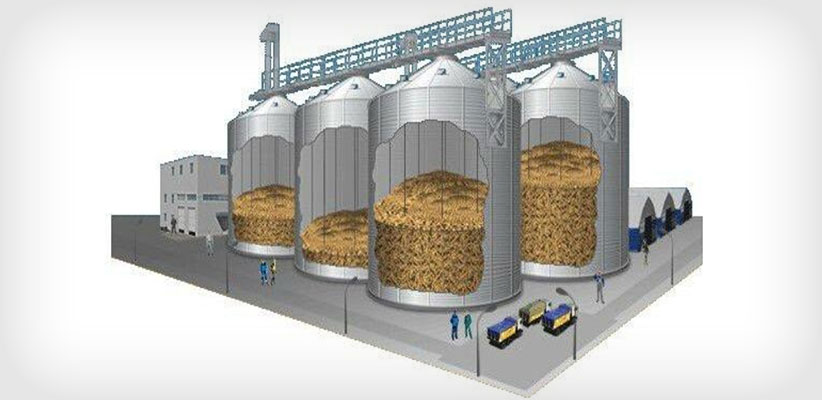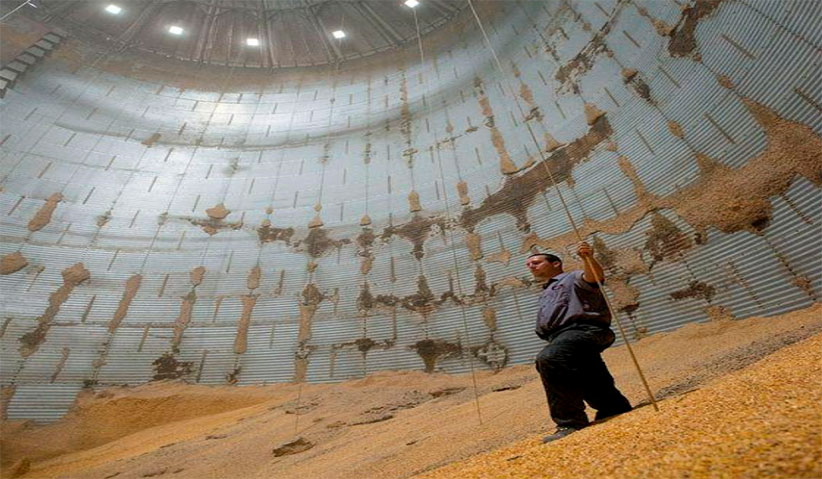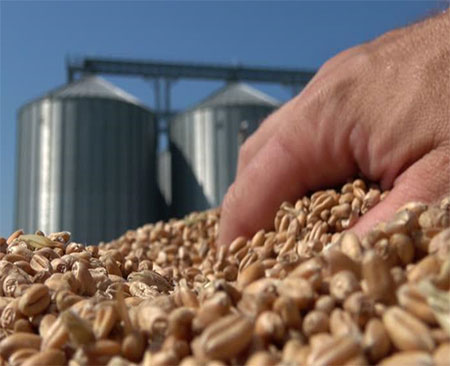
As a farmer or even a grain marketer, it would be important that you can store your grain. Summer comes and you would need to safely keep your grains reliably. This way when the period of sales come proper, you have your corn in optimal condition beaming for great sales. However, what are some of those tips you would need to effectively store your grains?
First, you need to exert control over the temperature of the grain storage
The durability of your grain in storage is well associated with the prevailing temperature of the storage facility. For example, it good that your storage facility has a good aeration system and you have the adequate mechanism in place to manipulate the aeration. Talking about temperature control, one of such tools that you can readily find handy is temperature cables. They give you a good way to keep a good eye on your grains.

However, it is important to note here that you can not use one static temperature condition (that is fixed temperature levels) for the full year. There must be variations in the temperature across several seasons and time of the year, also the temperature of your grain
storage would vary with the climatic conditions in the region you are located.
You need to regularly check up on your grains
This is true. You need to show good care to your grains. You have to show concern for their welfare and cater to them even emotionally like a parent would. In the summer, you can check your grains say every seven days. While exercising caution, you can climb to the top of your grain bin and look through with a keen eye. It is not compulsory that you step into the bin, but you can qualitatively inspect it for indicators like the smell or even crust.

Another way to tell how well your grains are doing is the surface moisture. Once you notice an increase in this parameter, then it can be seen as suggestive of things not been entirely well with your grains. You will need aeration fans if you begin to see an increased surface temperature. All those are signs of uneven distribution of air in your bin.
It is important you ensure the quality of the grain is good
 The durability of your grain is going to depend on the quality of grains you are storing. In most times when you store corn, it is advised that you ensure that the quality if the corn is okay, most importantly the corn has to be matured to be able to stay long in storage. Such storage requirements spread through to other grains as well.
The durability of your grain is going to depend on the quality of grains you are storing. In most times when you store corn, it is advised that you ensure that the quality if the corn is okay, most importantly the corn has to be matured to be able to stay long in storage. Such storage requirements spread through to other grains as well.
Make sure the grain is stored coolly in course of summer
The summer is a testing period for farmers who are storing their grains. In time past, it the trend was to maintain warmth on the grains. But latest development and technology has twisted things as it is now advised to keep things cool in course of summer as well as the spring. Cooler temperatures are not really supportive of insect invasion as colder temperatures tend to keep them stale in inactive dormancy. Experts would recommend that you maintain the temperature of storage around the outskirts of 40°F for optimal storage during summer.
Lastly you will need to keep an eye on insects
Many grain storage facilities are bedeviled by insects. The trouble of insects is more worrisome in cases of summer. During such time of the year when we have elevated temperatures, insects can be such a nagging mess and can wreck reasonable damage on your bin especially as to infestation. One way you can adequately curtail the plague of insects in your grain bins is by using your insect trap.
You will particularly need such insect traps in the case where you would be storing your grains into the later phases of the summer. Grain treatment is one regular practice you will be carrying out in the summer.
So these are ways you can keep your grains in optimal condition in storage. Certainly, there is the marketing edge of storing grains and not selling immediately in the buzz of the harvest period. By these very tips for long-term storage, your grains are in the best condition for sales when the market time comes.




Comments are closed.